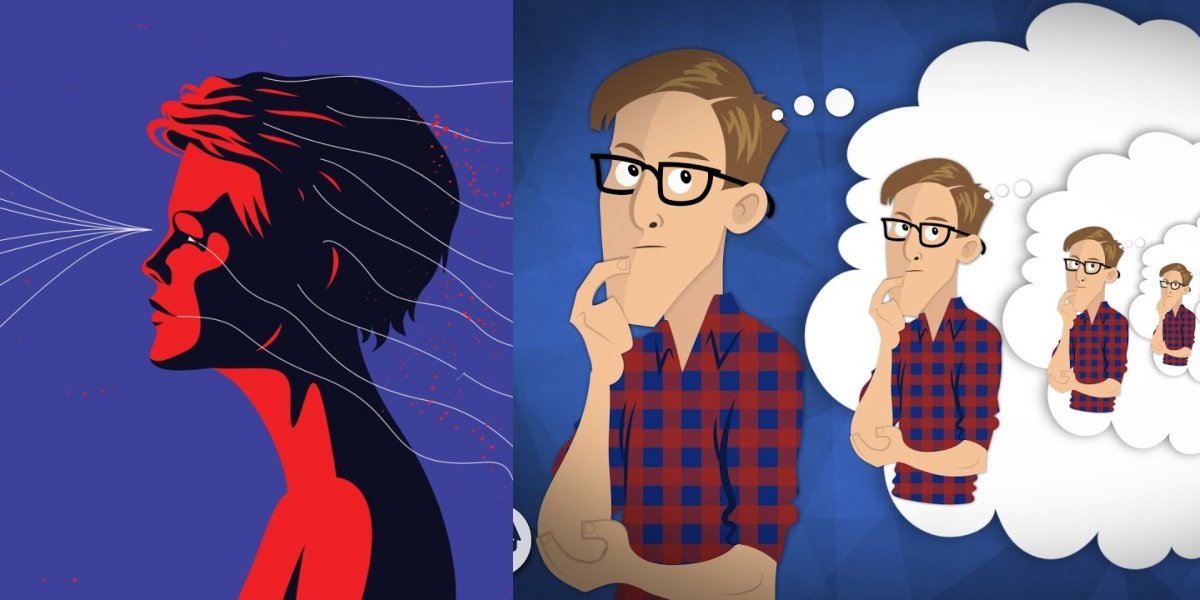WEB DESK: Repetition can make familiar things feel strange. We’ve all experienced déjà vu, when something feels like it’s happened before. But there’s also “jamais vu,” the opposite. It’s when something familiar suddenly feels unreal, like seeing a friend’s face and not recognising it. It’s rarer than déjà vu and even more unsettling.
Mechanics behind “Jamais Vu”
Recent research sheds light on this phenomenon. Scientists suggest that “jamais vu” happens when the brain’s recognition system becomes disconnected from reality.
In simple terms, it’s like your brain briefly forgets something it knows well. This sense of unfamiliarity can occur in many situations, like forgetting a word you know well, losing track of a familiar tune, or feeling disoriented in a familiar place.
Experiments reveal mystery
To understand “jamais vu,” researchers designed experiments where people repeated the same word over and over. In one experiment, 94 students wrote words like “door” and “sward” repeatedly. Around 70 per cent of participants reported feeling something unusual after about a minute of repetition. They described the words as losing meaning, feeling strange, or not quite real.
Another experiment focused on the word “the” and found that 55 per cent of participants felt “jamais vu” after just 27 repetitions. People described the sensation as “losing control of my hand” or “not really a word.”
Read More: Apple to launch foldable iPhone in 2026
A Forgotten Discovery
The idea that repetition causes meaning to fade isn’t new. A psychologist named Margaret Floy Washburn made a similar observation back in 1907. But for years, this research was overlooked. In recent times, researchers revisited it, and their work earned them an Ig Nobel prize for literature.
Deeper insights and real-world connections
So why does this happen? “Jamais vu” seems to be the brain’s way of snapping out of automatic, repetitive tasks. It signals that something has become too familiar and needs a mental reset. This phenomenon may also explain behaviors in conditions like obsessive-compulsive disorder (OCD), where repetitive actions cause a loss of meaning and make it hard to assess reality accurately.
By studying “jamais vu,” scientists hope to better understand not only how we perceive the world but also how to treat certain psychological conditions.
















